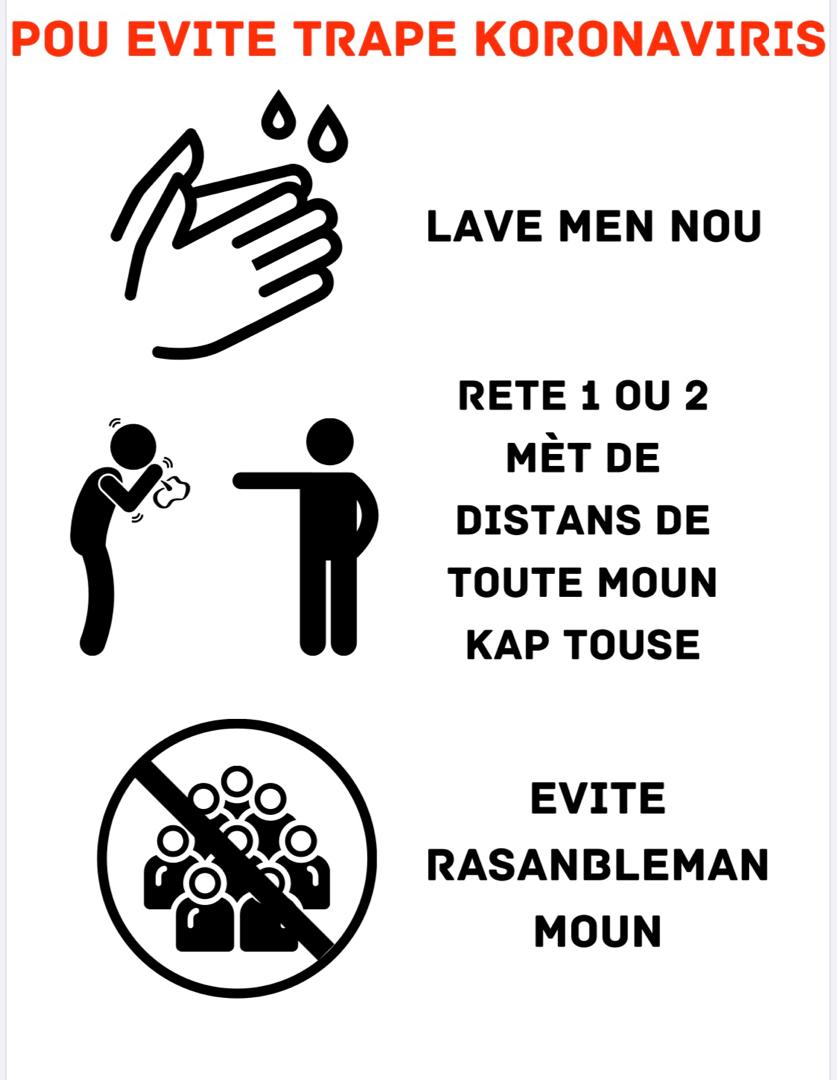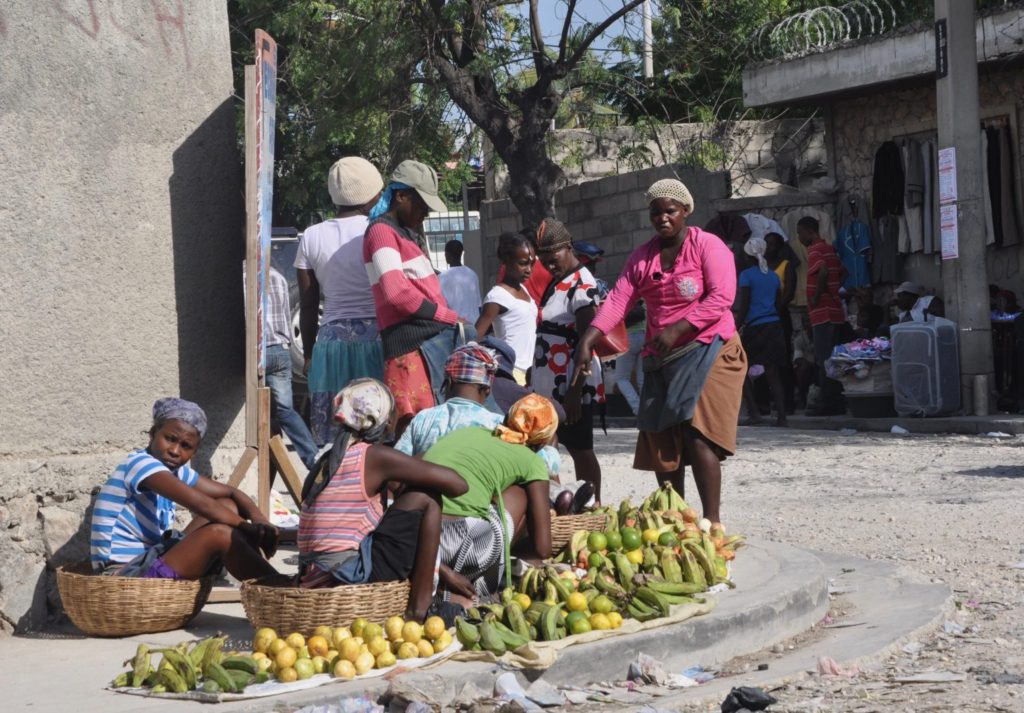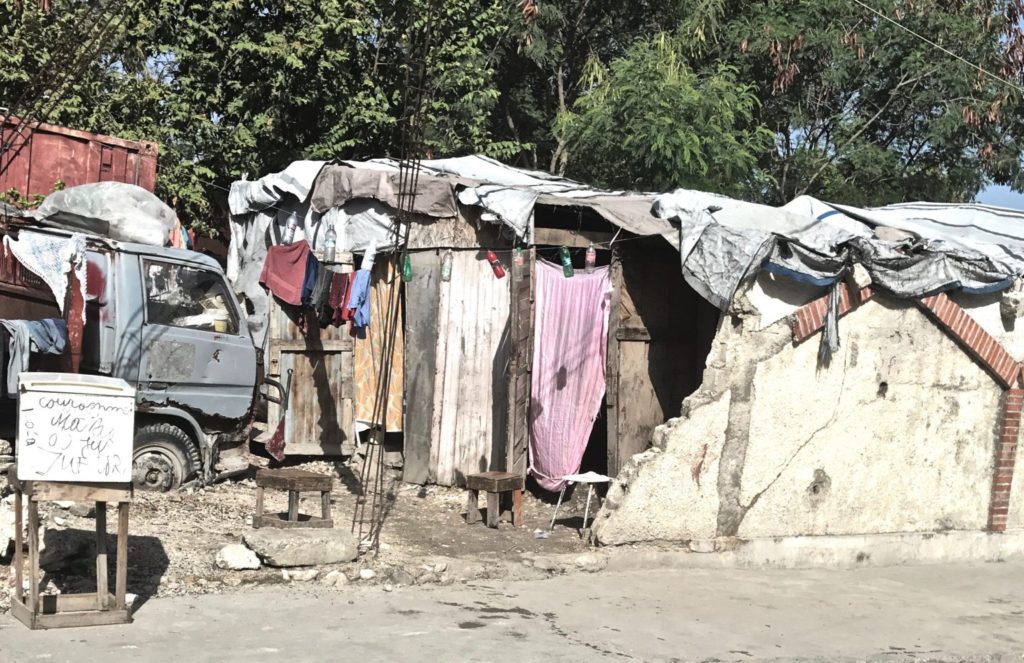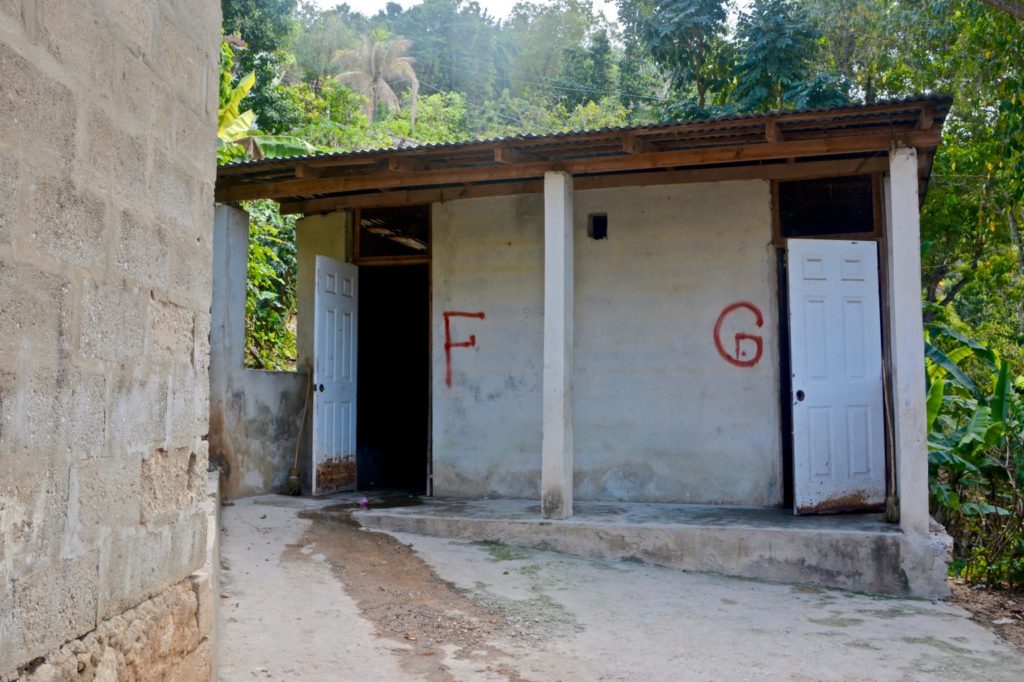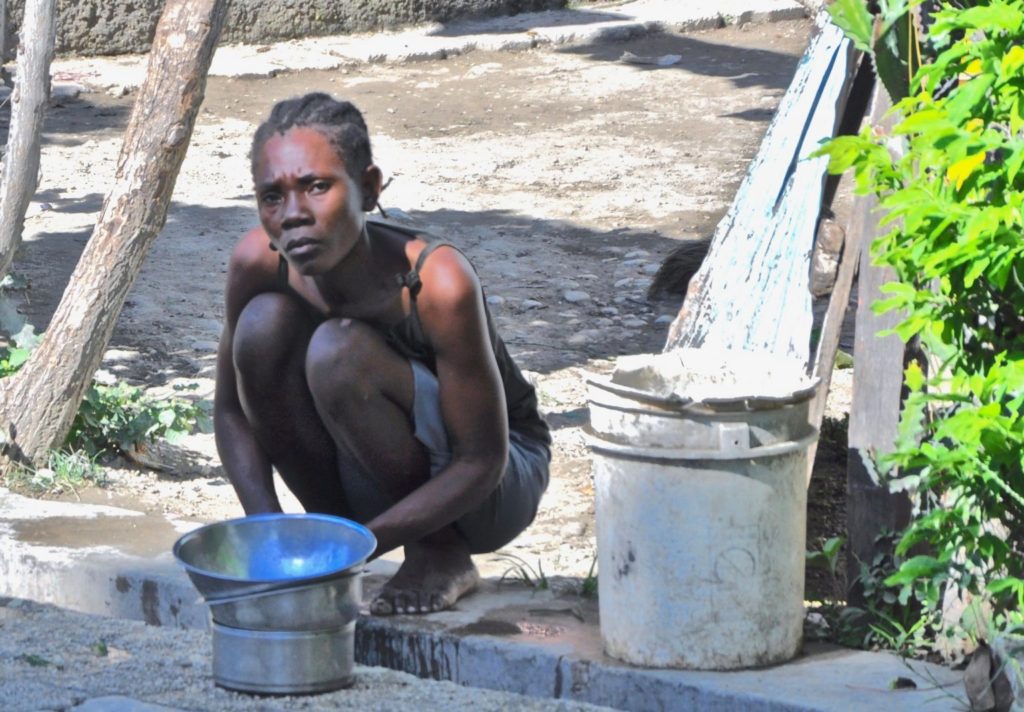As I sit quarantined in a comfortable home with running water, electricity, heating/cooling, internet service, food, cable T.V., and access to purchase items with a click of a button, I reflect on what our Haitian friends will endure in the next few months. I shudder.
The first cases of the Covid-19 were confirmed in Haiti last week. In a country with basically no public health care system, it’s difficult to know how many current cases there are. Hundreds? Thousands? If the model follows other countries, the numbers may double daily.
The president of Haiti has called a state of emergency, ordering airports, seaports, schools, and factories closed. He has explained the need for social distancing and handwashing, all guidelines that seem to be working in other countries. But how can that work in a country without infrastructure, clean water, adequate healthcare, or medical supplies? Haiti depends on imports of food and supplies, and now the seaports and airports are closed, which is good to keep out Coronavirus, but it cuts off life sources. Health workers say the closure of ports will prevent the arrival of critical medical supplies and volunteer doctors and nurses. Haiti has a shortage of all of these.
There are 11 million people in Haiti and a total of 100 ventilators. Most rural areas have no access to public health care, and there is one doctor and one nurse to every 100,000 people. Because of malnutrition and lack of appropriate health care, a high percentage of Haitians have pre-existing medical conditions, placing them in the vulnerable group.
Social distancing? Another good preventative measure, if possible. In Haiti, that is not easily possible. How do you social distance when families of four to eight live in one room in a home or shelter with 30 other people in unsanitary conditions? Two-thirds of Haitians have limited or no sanitation services making it impossible for people to wash their hands regularly. Two-thirds! That’s over 7 million people !!!
Education? In Haiti, nearly half of the population is uneducated and get their news from the streets. The Miami Herald recently interviewed people on the streets in the capital city of Port Au Prince. There are many misunderstandings about how the virus started and how it spread. Lack of education is one primary way Haitians remain oppressed. Education in Haiti is not free and not accessible to all.
The country just completed its first year free of cholera, a water-borne disease that was imported by U.N. peacekeepers and killed nearly 10,000 people over the last decade. It’s hard to imagine and sad to imagine how the Coronavirus will impact the country of Haiti.

Most Haitians earn money by selling wares on the streets 
Social distancing and sanitation is not possible for most Haitians 
This is a restroom for 500 students. There are no hand-washing stations. 
Many Haitians use unclean water from drainage systems for bathing, drinking and washing dishes and clothes.

